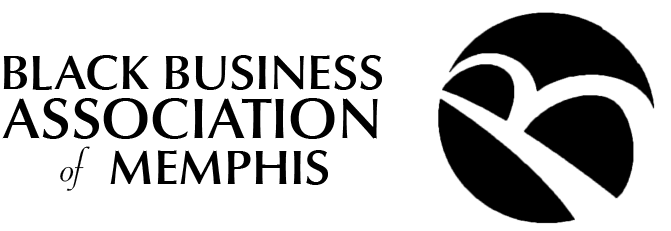
The Better Business Bureau is warning that scammers are coming out of the woodwork to exploit the coronavirus crisis to steal money and/or confidential information from consumers and businesses. Government impostors are already taking advantage of the complexity and uncertain timing of different relief programs in the CARES Act.
Coronavirus scams include:
- Phony treatments and cures that could be dangerous. The FDA, FTC, and DOJ have landed on companies and websites marketing them.
- Bogus offers for government grants and stimulus payments promoted through phone calls, emails, text messages and social media. The crooks say they need an upfront fee or your personal information in order for you get the money.
- Fraudulent websites selling face masks, home testing kits, and even vaccines. There are no approved home testing kits or vaccines yet.
- Calls to businesses purportedly from government unemployment offices asking for confidential information about employees who filed for unemployment benefits.
- Phishing emails with dangerous links and attachments.
- Threats that you won’t qualify for the stimulus payments if you don’t immediately pay fines for “violations and fraud” on your Social Security number.
- Tech support scams that victimize employees working from home on less secure systems and with less IT support.
- Investment scams.
- Employment scams.
- Fraudulent mortgage and student loan debt relief offers.
- And many more.
BBB tips to avoid coronavirus scams:
- Be skeptical of miracle cures and consult with a healthcare professional before using any product.
- Check out any seller, vendor or website at bbb.org and look for reviews on Google.
- Don’t provide your SSN, credit card or bank account number to someone who contacts you. The government will not ask you to pay a fee to get a stimulus payment and only certain people who have not been required to file a tax return will have to submit information to get the payment.
- Grants usually flow through non-profits rather than directly to consumers. If you have to pay an upfront fee, it’s a scam.
- Don’t click on links or attachments in emails, text messages, or social media messages unless you’re sure they’re legitimate. Don’t assume they are because they appear to come from a friend.
- Beware of job offers that are too good to be true or require an upfront fee for some reason, even if they originate on a well-known job website.
- Thoroughly research any investment opportunity and the seller at brokercheck.finra.org.
If you’ve spotted a scam (whether or not you’ve lost money), report it to BBB.org/ScamTracker. Please help stop these scammers in their tracks. Your report can help others avoid becoming a victim.
For more information, visit bbb.org/coronavirus.

